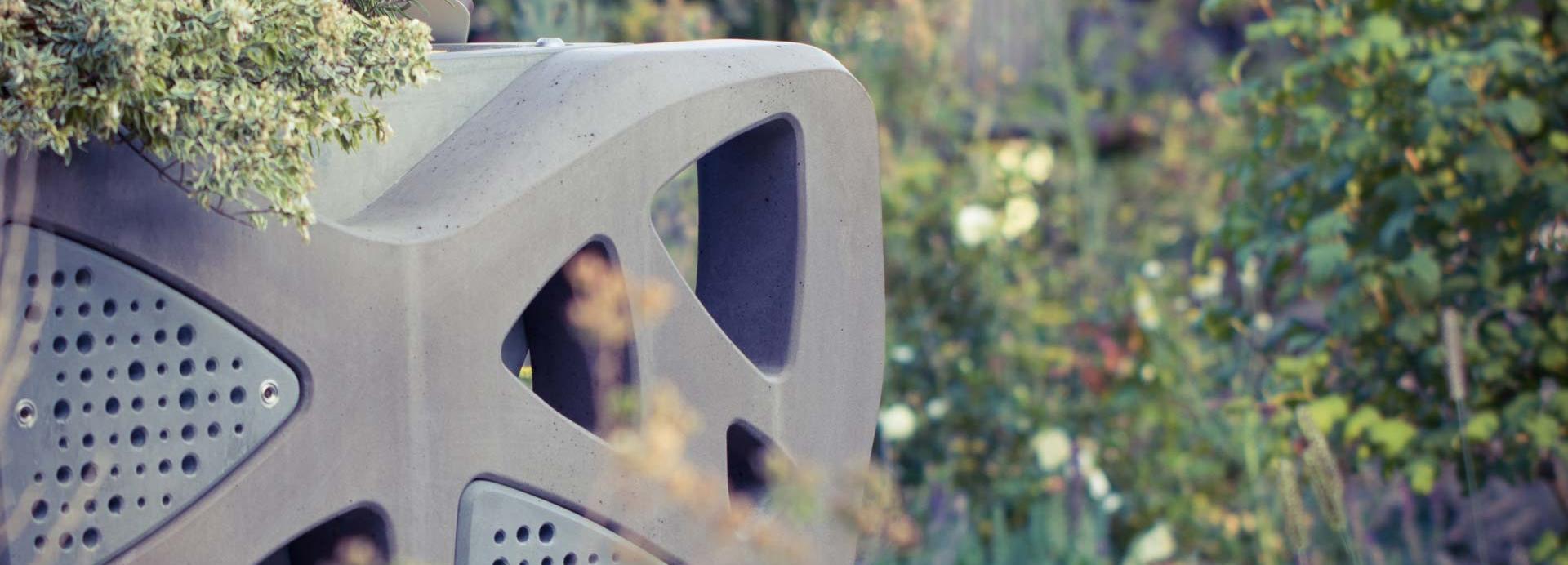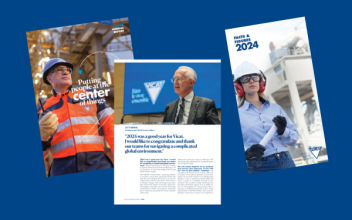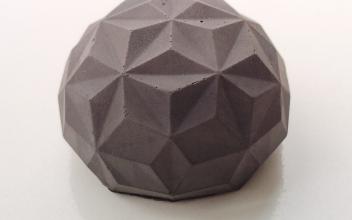Aware that encouraging the loyalty of our workforce enables us to develop talent, we endeavor to give our employees job stability: 94% of our staff are on open-term contracts. To provide our employees with career opportunities within Vicat, we also provide training and give preference to internal promotion. In the rural and 'peripheral' communities where we work, we are recognized as an enduring, inclusive employer.
28.1%
the proportion of alternative fuels used in our cement plants in 2022, 66% for the Europe Zone
Close to 80%
of the water required to wash aggregate is from recycling systems installed in our quarries
74%
of our quarry sites have a natural restoration plan
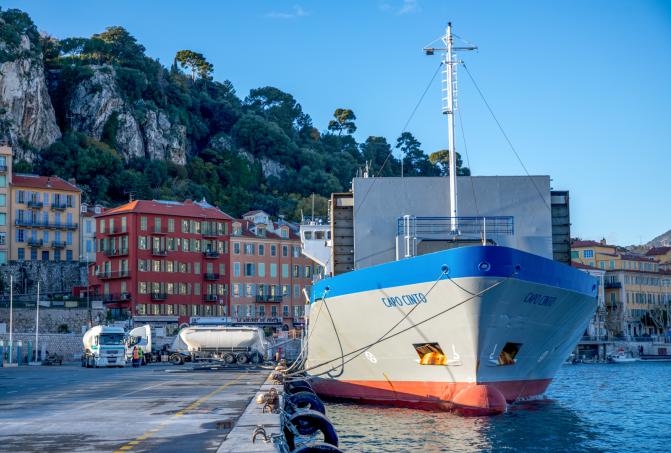
Several actions have been carried out under our low-carbon roadmap aimed at reducing our carbon footprint:
- implementation of new, less energy intensive organizational methods,
- integration or development of new technologies derived from our research and development, such as the gasifier at the Créchy cement plant or the Lynx e-hauler developed in Switzerland,
- better use of our materials for the construction of housing or transport infrastructures.
We have also joined Shift Project, a French body specializing in energy transition.
Because our business activities, especially in quarries, place on our shoulders a burden of responsibility with respect to biodiversity, we have taken a stand in favor of natural balances.
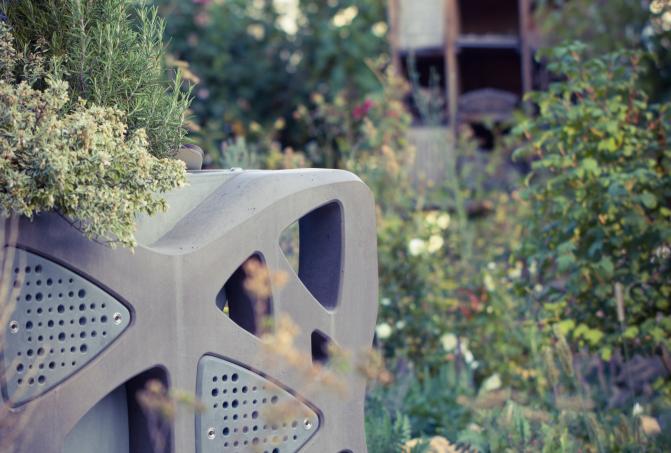
Consequently we strive to:
- Minimize the effects quarrying has on natural surroundings,
- Create new habitats favoring the establishment of different species, whether during the quarrying phase or subsequently.
We are accustomed to working in these fields with a number of stakeholders, e.g. local authorities, nature associations, hunters’, anglers’, and farmers’ federations.
Vicat is a member of the Natural Capital Accounting workshop of the Business and Biodiversity platform stemming from the European Union’s Strategic Plan for Biodiversity 2011–2020.
Through the Odyssée program in France we aim to provide wild bees and other pollinators with optimum living and breeding conditions in our quarries and at our batching plants and cement plants. In 2018 work performed under the program result in:
- Planting of a second conservation orchard of 43 trees on a 3,500-m² site in France, in conjunction with association Les Croqueurs de Pommes,
- Installation in quarries and at batching plants of 15 concrete ‘bug-hotel’ planters where wild bees can nest.
What is the next project? Use of a new concrete to make these planters; trials with France’s national institute for agricultural research (INRA) are under way.
